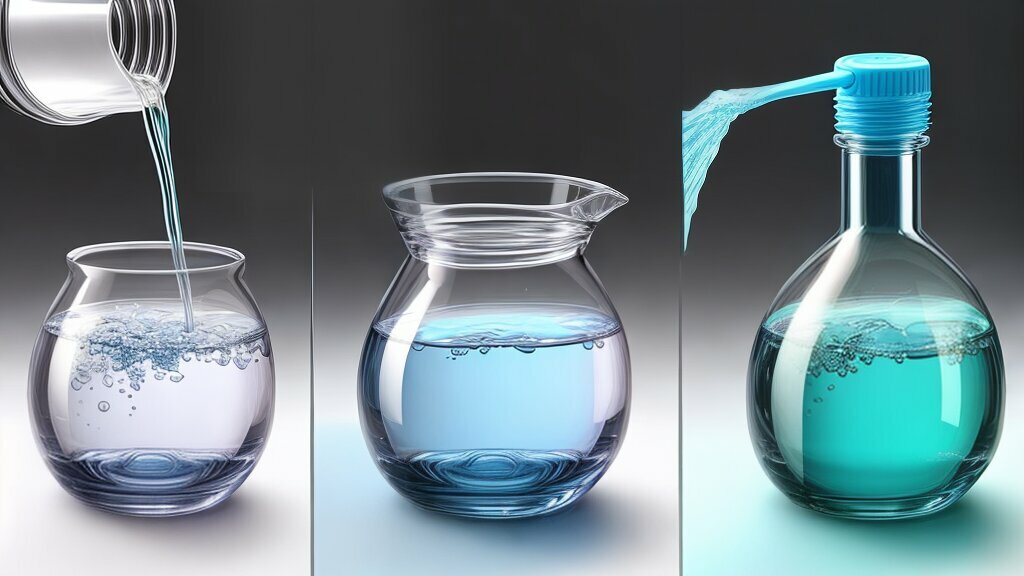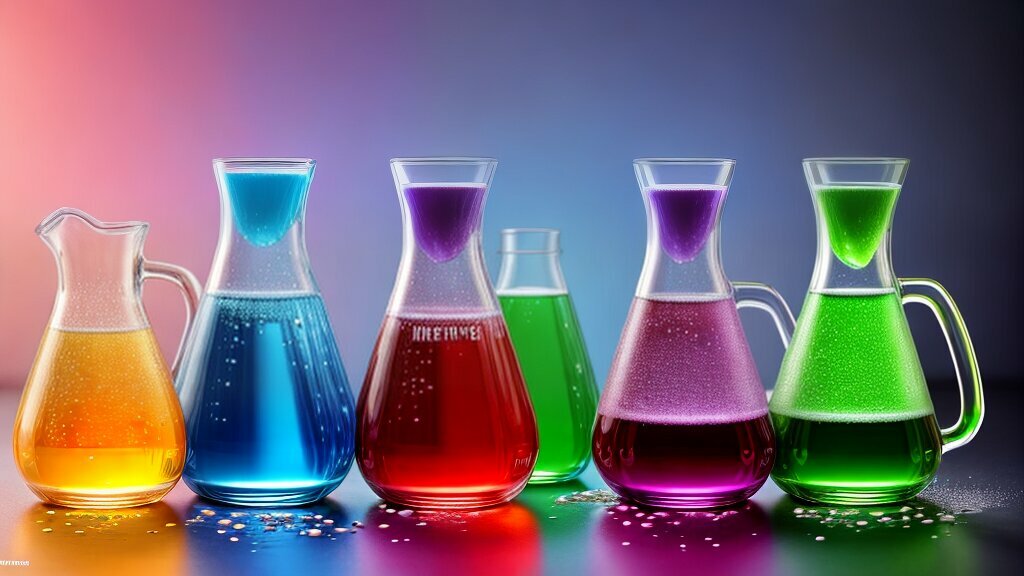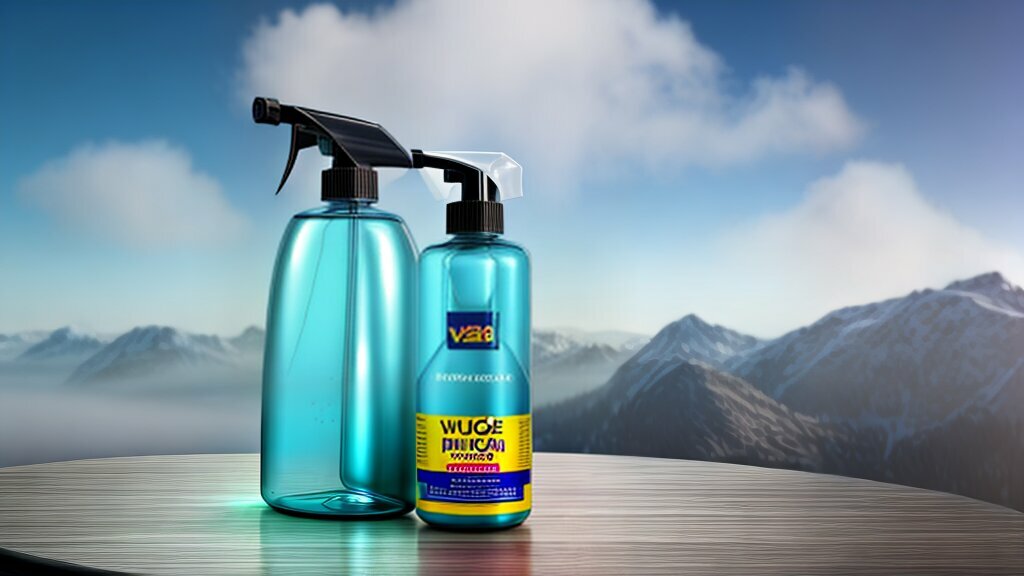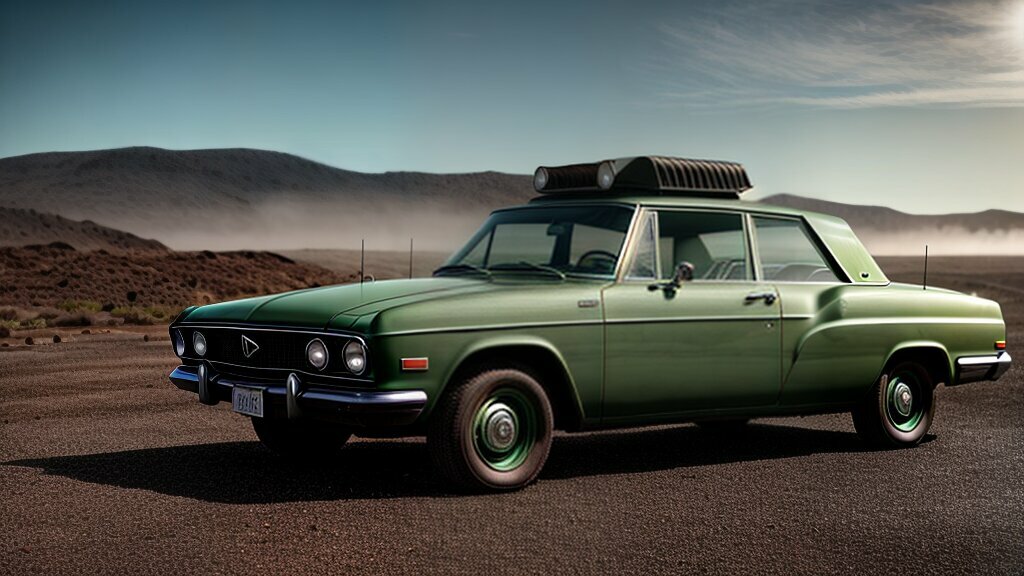Have you ever wondered if your car’s wiper fluid is just water? It’s a common misconception, but the truth is that wiper fluid is much more than plain water.
Wiper fluid is a critical component in maintaining a clear windshield while driving. Without it, dirt, grime, and debris can build up on your windshield, hindering your visibility and compromising your safety on the road.
So, what exactly is wiper fluid made of? And how is it different from water? In the following sections, we’ll explore the composition of wiper fluid, its components, and why it’s essential to use dedicated wiper fluid for optimal performance and safety.
Key Takeaways:
- Wiper fluid is not just water
- Using water in place of wiper fluid can compromise your safety while driving
- Wiper fluid contains chemicals and additives that contribute to its effectiveness in cleaning windshields
Understanding Wiper Fluid Composition
Have you ever wondered what makes up the solution in your wiper fluid reservoir? Simply put, windshield washer fluid is not just water. In fact, it is a specially formulated cleaning solution designed to effectively clean your windshield and help maintain clear visibility while driving.
So, what exactly is wiper fluid made of? The composition of wiper fluid may vary slightly depending on the brand and type of fluid, but most commonly, it contains a mixture of water, solvents, detergents, and other additives.
| Component | Function |
|---|---|
| Water | Provides the base for the cleaning solution |
| Solvents (like methanol or ethylene glycol) | Help dissolve and remove dirt, grime, and other debris from the windshield |
| Detergents (like anionic surfactants) | Help break down and remove road film and other substances that can accumulate on the windshield |
| Other additives (like antifreeze or rain repellant) | Provide additional benefits, such as preventing freezing in colder temperatures or improving rain beading on the windshield |
Together, these components create a powerful cleaning solution that can effectively remove dirt, grime, and other debris from your windshield, providing clear visibility while driving.
Understanding the composition of wiper fluid not only highlights its importance in maintaining clear visibility while driving, but it also emphasizes the importance of using the proper fluid for your vehicle. Using the wrong type of fluid can lead to reduced cleaning effectiveness, damage to your wiper system, and even potential safety hazards. Therefore, it is crucial to select the appropriate wiper fluid for your specific vehicle and driving conditions.
Distinguishing Wiper Fluid from Water
Now that we understand the composition of wiper fluid, let’s explore the key differences between it and plain water. While water can effectively clean your windshield, it lacks the key components found in wiper fluid that make it a superior choice.
Firstly, wiper fluid contains a combination of solvents and detergents that aid in breaking down and removing tough grime, bug residue, and other debris that water alone may not be able to tackle. The specific chemical composition of these agents varies between brands, but their inclusion in wiper fluid is crucial for maintaining a clear and safe windshield.
In addition, wiper fluid formulas often include additives such as antifreeze agents, which prevent the fluid from freezing in colder temperatures. This is an important consideration, particularly for those living in areas with harsh winters, as it ensures that the wiper fluid can still be used effectively in freezing conditions.
While some may be tempted to use water as a substitute for wiper fluid, it is not recommended. Water lacks the necessary solvents, detergents, and additives that make wiper fluid effective. In addition, using plain water can lead to the buildup of mineral deposits on your windshield over time, which can impair your visibility and compromise driving safety.
Remember, for optimal performance and safety while driving, it is important to use dedicated wiper fluid instead of plain water.

The Components of Wiper Fluid
Wiper fluid is made up of a combination of chemicals and additives that work together to keep your windshield clear and free from debris.
| Component | Function |
|---|---|
| Water | Serves as the base of the fluid and helps dissolve other ingredients. |
| Solvents | Dissolve grime and other contaminants that stick to your windshield. |
| Detergents | Clean the windshield and remove stubborn stains. |
| Alcohol | Helps to break down frost and ice on your windshield. |
| Glycol | Acts as a lubricant and helps keep the fluid from freezing in cold temperatures. |
| Fragrances | Added for a pleasant scent, but not a critical component. |
As you can see, there are several key components that make up wiper fluid. Each ingredient has a specific purpose and works together to ensure your windshield stays clean and clear. Without these chemicals and additives, plain water would not be effective in cleaning your windshield.
Next, we will discuss the differences between wiper fluid and water, and why using dedicated wiper fluid is essential for optimal performance and safety while driving.

DIY Wiper Fluid Recipes: Fact or Fiction?
If you’re looking to save a few bucks, you may have come across DIY wiper fluid recipes online. While it may seem like a simple and cost-effective solution, it’s important to consider the efficacy and safety of these homemade options.
Firstly, it’s important to note that wiper fluid is not just water. Commercially available windshield washer fluid contains a carefully crafted blend of chemicals, solvents, detergents, and additives that work together to effectively clean your windshield and maintain optimal visibility while driving.
While some DIY recipes may use a mixture of water and household ingredients, such as dish soap or vinegar, these solutions lack the necessary chemical balance to effectively clean your windshield. Additionally, the use of improper chemicals could potentially damage your car’s paint or windshield wipers.
Furthermore, DIY wiper fluid recipes may not provide adequate protection against extreme weather conditions, such as freezing temperatures. Commercially available wiper fluids often contain antifreeze agents that prevent the fluid from freezing and ensure proper function in all seasons.
In short, while DIY wiper fluid recipes may seem like a quick and easy solution, they are not a suitable substitute for commercially available wiper fluid. Using improper chemicals or failing to provide proper protection against extreme weather conditions could compromise your safety on the road.
Stick with the tried and true commercially available options to ensure optimal cleaning and safety for your windshield.

The Environmental Impact of Wiper Fluid
While wiper fluid is essential for maintaining clear vision while driving, it is important to be aware of its potential environmental impact. Many commercially available windshield washer fluids contain chemicals that can be harmful to the environment and aquatic life.
The most common harmful chemicals found in wiper fluid are methanol, ethylene glycol, and ammonium compounds. These chemicals can contaminate soil and water sources if not disposed of properly and can be toxic to plants and animals.
However, there are eco-friendly options available that use biodegradable and non-toxic ingredients. These alternative solutions include plant-based or natural wiper fluids that are just as effective at cleaning windshields without harming the environment.
When purchasing wiper fluid, look for products that are labeled as biodegradable and non-toxic. Additionally, it is important to dispose of used wiper fluid properly by bringing it to a hazardous waste collection facility or recycling center. Do not pour wiper fluid down the drain or onto the ground.
By choosing an eco-friendly wiper fluid and disposing of it properly, you can help minimize the impact on the environment and still maintain clear vision while driving.

Choosing the Right Wiper Fluid for Your Car
Now that you know the importance of using wiper fluid instead of water, it’s important to choose the right one for your car.
The first thing to consider is your climate. If you live in a cold area, you’ll want to choose a wiper fluid with a lower freezing point, to prevent it from freezing on your windshield. Look for fluids labeled “winter” or “de-icer.”
Next, think about the season. In the summer, you may need a different type of wiper fluid that can remove bug and pollen residue more effectively.
Consider your specific windshield needs. If you have a coated or tinted windshield, be sure to choose a wiper fluid that is safe for those types of surfaces.
Finally, look at the label and check the composition of the wiper fluid. Choose a brand that has a good balance of solvents, detergents, and other additives, and avoid those with harmful chemicals like methanol or ammonia.

By taking the time to choose the right wiper fluid for your car, you’ll ensure optimal performance and visibility on the road, no matter the weather or season.
Conclusion
Congratulations! You’ve just learned about the importance of wiper fluid and why it’s essential for maintaining clear windshields while driving. Remember, wiper fluid is not just water, but rather a carefully crafted mixture of chemicals and additives designed specifically for cleaning stubborn dirt and grime from your windshield.
By understanding the composition of wiper fluid and the key differences between it and plain water, you can ensure that you’re using the right product for your vehicle. It’s also important to consider the environmental impact of wiper fluid and to choose eco-friendly options whenever possible.
Takeaways:
- Wiper fluid is a specialized mixture of chemicals and additives designed for cleaning windshields.
- Plain water is not a suitable substitute for wiper fluid, as it lacks the necessary ingredients to effectively clean your windshield.
- DIY wiper fluid recipes may not be safe or effective and can potentially damage your vehicle.
- Consider the climate and season when choosing the right wiper fluid for your car.
- Opt for eco-friendly options whenever possible to minimize the environmental impact of wiper fluid.
Now that you’re equipped with this knowledge, you can confidently make informed decisions about the wiper fluid you use in your car. Stay safe on the road and enjoy clear, unobstructed views of the world around you!






